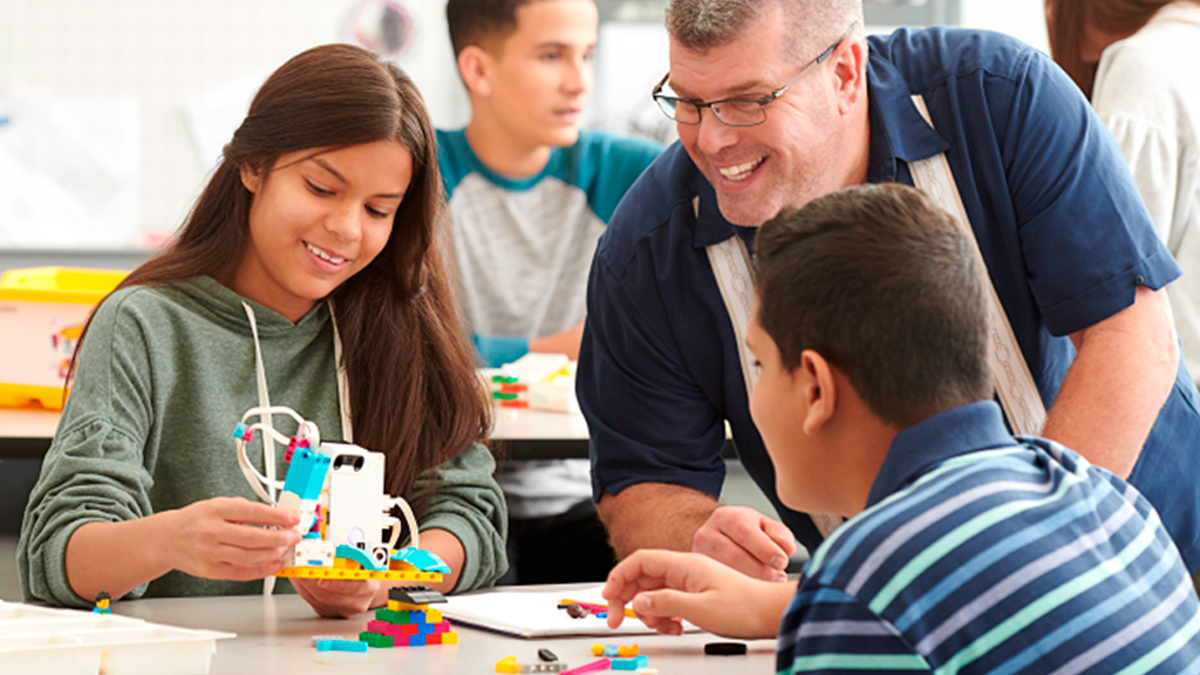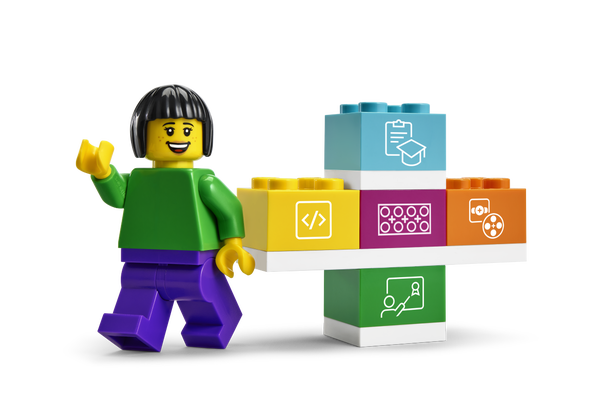The ability to do something well, within a certain period of time, and with expertise is termed as a skill. Every organization looks for relevant skills in the individual they potentially want to hire. Sometimes the individual has innate attributes which make him or her perfectly suited to that job. At other times, individuals can be trained to acquire such skills and prove to be equally adept. These kinds of skills contribute to the productivity and efficiency of the staff. Not all skilled individuals are equipped with the same hard skills.
There are two types of skills we discuss here. Mainly hard skills and soft skills. Hard skills are the capacities that an individual can learn via education, practice, and experience. Also known as technical skills, they can always be acquired through training and experience. For example, a web designer will need to be well-versed in the use of certain programs like Adobe illustrator, photoshop, etc. these are his hard skills. Most organizations in large metropolises such as Dubai have a training program or education curriculums to impart the relevant skills to their business. Hard skills can include manufacturing knowledge and learning how to work with computers and machines. Hard skills can be categorized into mainly 5 types. They are Research and analysis, social, physical, professional, and creative. Individuals with research and analysis skills are usually good at transcribing or accounting work. People with good social skills are very successful at roles that involve interaction with people or handling people. Those with good physical skills perform well in jobs that involve manual labor like construction or manufacturing. Professionally skilled people are good at legal firms, accounting, engineering, etc. and finally, creative people produce amazing works in the fields of photography, designing, writing, etc.

On the other side of the spectrum, you have soft skills which are not quantifiable and subjective. They cannot be learned and are either present within you or they are not. They refer more to one’s innate tendencies. Soft skills cannot be found in any textbook, training program, or course. Soft skills are also called people skills or interpersonal skills which can be learned only after relating and interacting with people. Some examples of soft skills are communication skills, team-management skills, or problem-solving skills.
Every learner in the GCC, UAE, and Middle East can benefit from LEGO® Learning System. Whether online or offline, every student can simultaneously and equally learn while engaging in healthy feedback and exchange of ideas. The LEGO® Learning System, SPIKE™ Prime has lessons for all levels from entry-level to advanced as it believes that learning can happen anywhere and so they continually present concepts to facilitate the same. It encourages the learner’s critical thinking capacity, data analysis, and prototype creative hands-on solutions for complex problems with real-world relevance. This system combines colorful LEGO Building Blocks & user-friendly hardware to facilitate intuitive coding with STEAM learning units, that are easily adjustable to any learning environment.

This intuitive LEGO® Learning System is so adaptable that it does not need technology to be effective. It uses the individual’s abilities and hones their natural skills and trains each child to develop problem-solving abilities, leadership, etc, with their innovative training solutions. Children working with the same build confidence and resilience. Real-world relevance provides them with the ability to shed inhibitions when faced with such situations and they can successfully work as part of teams.

